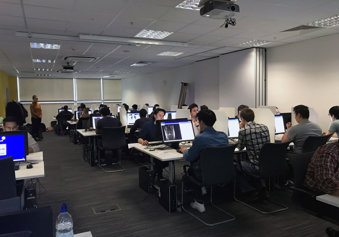
Undergraduate clinical radiology
Clinical radiology plays an integral role in primary care and hospital medicine. It is therefore inevitable that there will be frequent and important interactions between newly qualified and junior doctors and imaging departments.
We want to ensure that junior doctors, particularly those in Foundation are adequately prepared for this important interface with imaging departments, and have basic skills in image interpretation that might be required in acute patient management.
In order to provide a unified basis for undergraduate radiology teaching, an expert panel was convened to construct the core undergraduate curriculum.
No society in your medical school?
We can help with guidance on setting up a society and providing links to existing societies around the UK.
Discover clinical radiology
Learn about the ways that you can engage with the specialty as an undergraduate.
Our exams and training
Discover our resources on exams and training, which include help and guidance on taking the exams, alongside regulatory policies.
Exams & training
